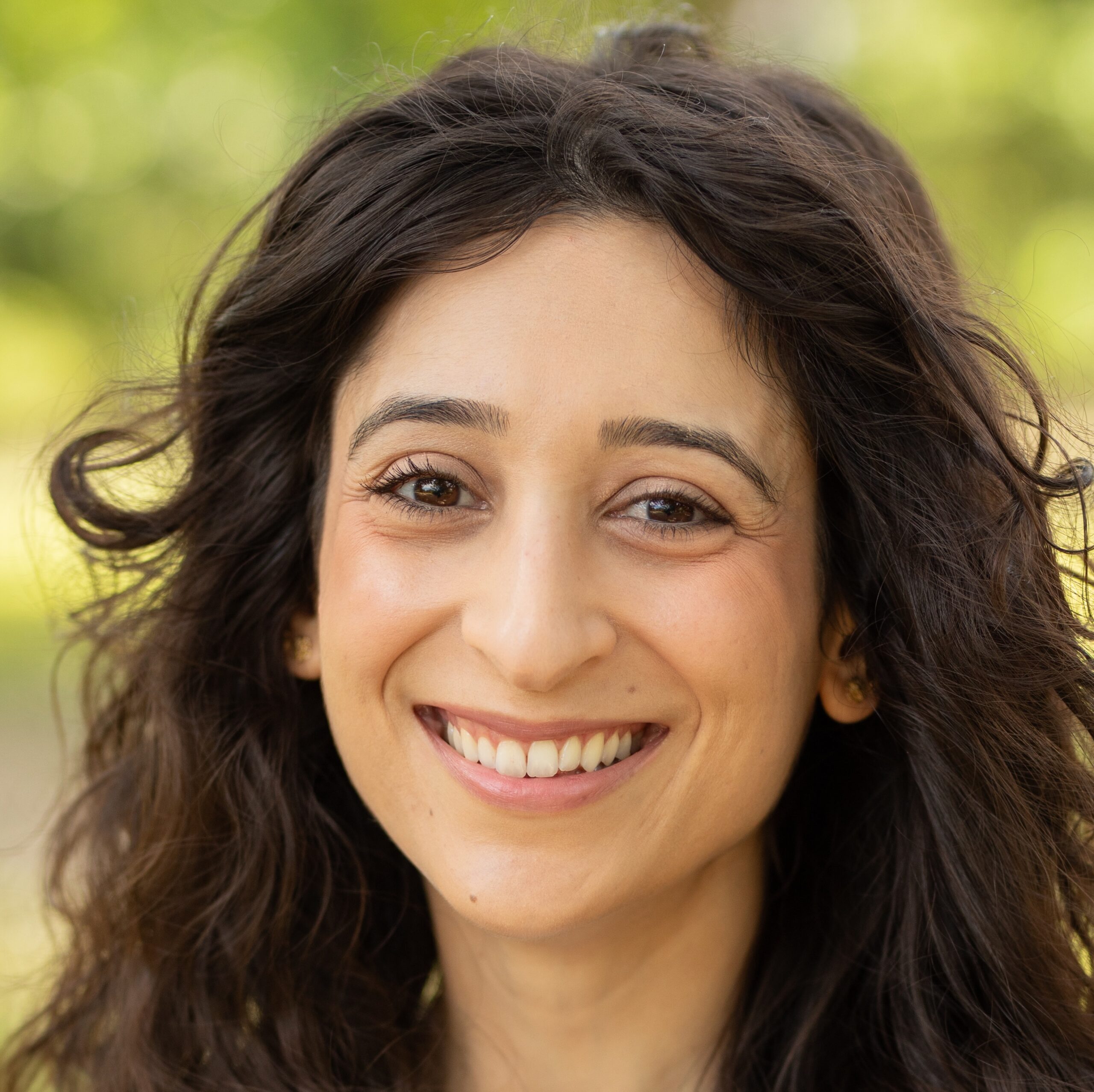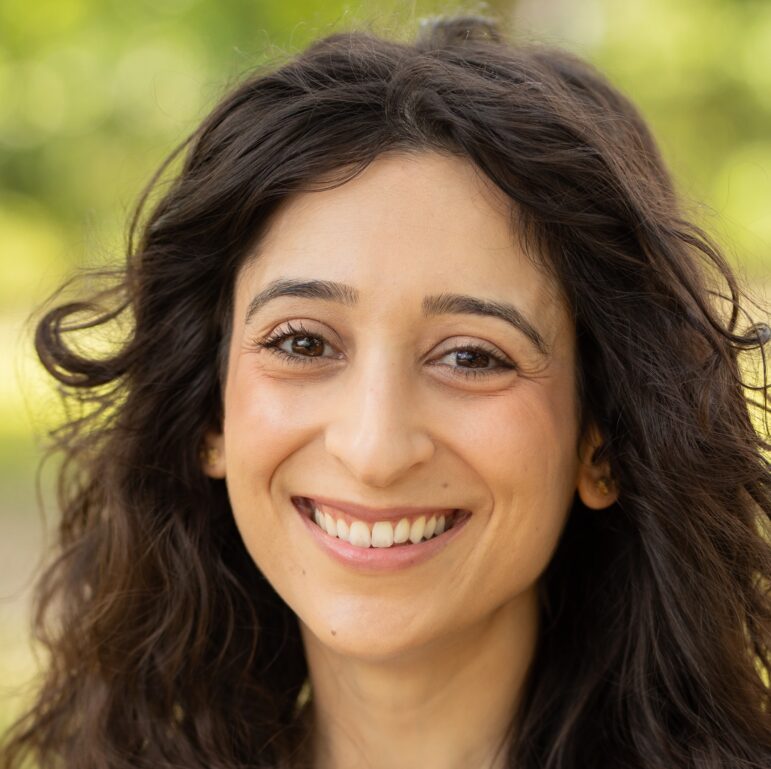Rasha Aridi

Audio Producer
‘Science Friday’
Age: 27

In three words: Enthusiastic, principled, creative
What colleagues say: Rasha leads our coverage of climate change and threats of nuclear weapons through a fellowship with The Outrider Foundation and Burroughs Wellcome Fund. Last year she was invited to speak at the International Journalism Conference and appeared on a panel with journalists from the New York Times, Washington Post and Associated Press. She talked about sourcing marginalized voices, why it’s more important than ever to report on nukes and how reporters across all beats can and should connect their work to this topic.
What Rasha says
Decision to work in public media: I ventured into journalism because I knew I wanted to tell stories about science, but I wasn’t sure how. When I started an internship at NPR, it all clicked into place — I became obsessed with audio as a medium, and my values really aligned with the mission of public media to tell stories that are in service to the communities we reach.
Key accomplishments: I’m proud of the stories I’ve brought to Science Friday’s listeners, but I’m most proud of my growth as a mentor. I’ve helped guide SciFri’s interns and made sure they learned everything they want to know. I’ve also been invited to speak to college students several times about what it’s like to be a science journalist, which is incredibly rewarding.
Inspired by: People who are relentlessly curious. I love to talk to scientists who fixate their careers on questions like: Why do we exist? How do fungi communicate? Why don’t naked mole rats get cancer? They’ll go the ends of the earth — sometimes literally — in pursuit of answers. I find that so beautiful, and it refuels my own curiosity.
Advice for young public media professionals: Early in my career, I felt so thankful to have the opportunities I did, but I also felt like they could be snatched away from me at any moment, for any reason. I was walking on eggshells: I was scared to push back on edits I disagreed with, I let people speak down to me and I was too nervous to offer constructive feedback to others. If you resonate with this, remind yourself that you earned your spot. That means you get to advocate for yourself, show your skills and push yourself and your colleagues to be better journalists — though I know some workplace cultures make that harder. And this especially goes out to you, fellow women of color.
Advice for public media leaders: When early-career staffers bring up concerns, a common reply is, “Eh, it’s not as bad as it used to be,” or “Other organizations have it worse.” Just because something can be worse — be it salaries, hours, benefits, work culture, etc. — does not mean we cannot and should not demand better.


